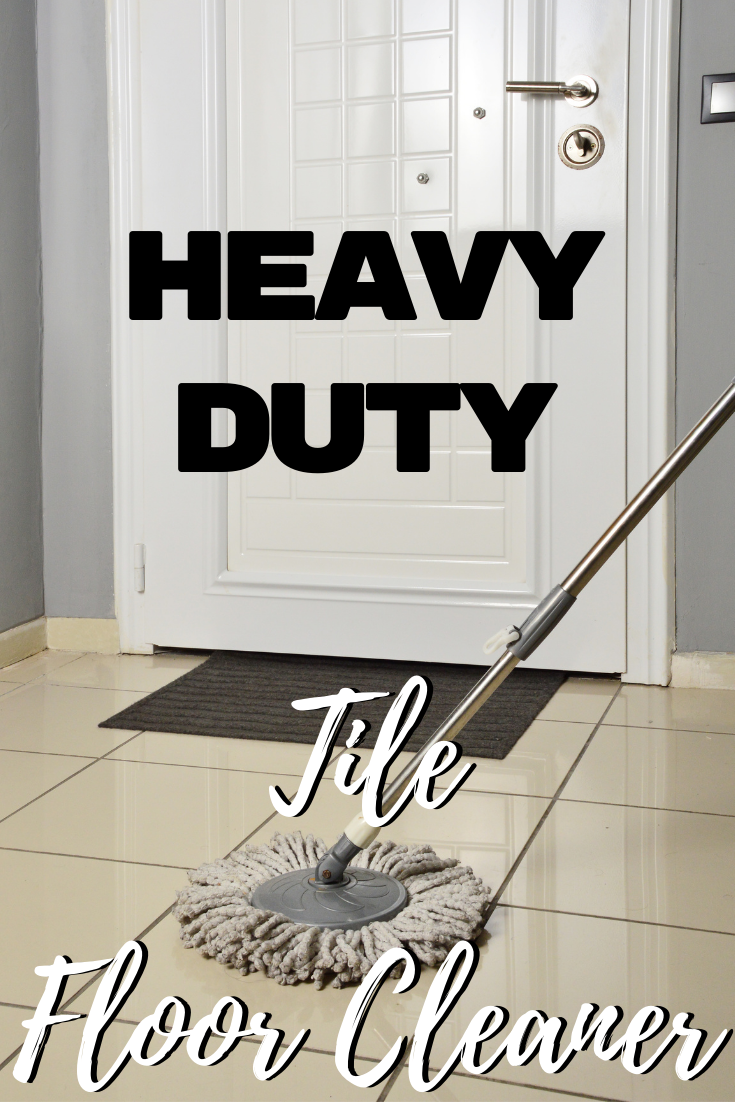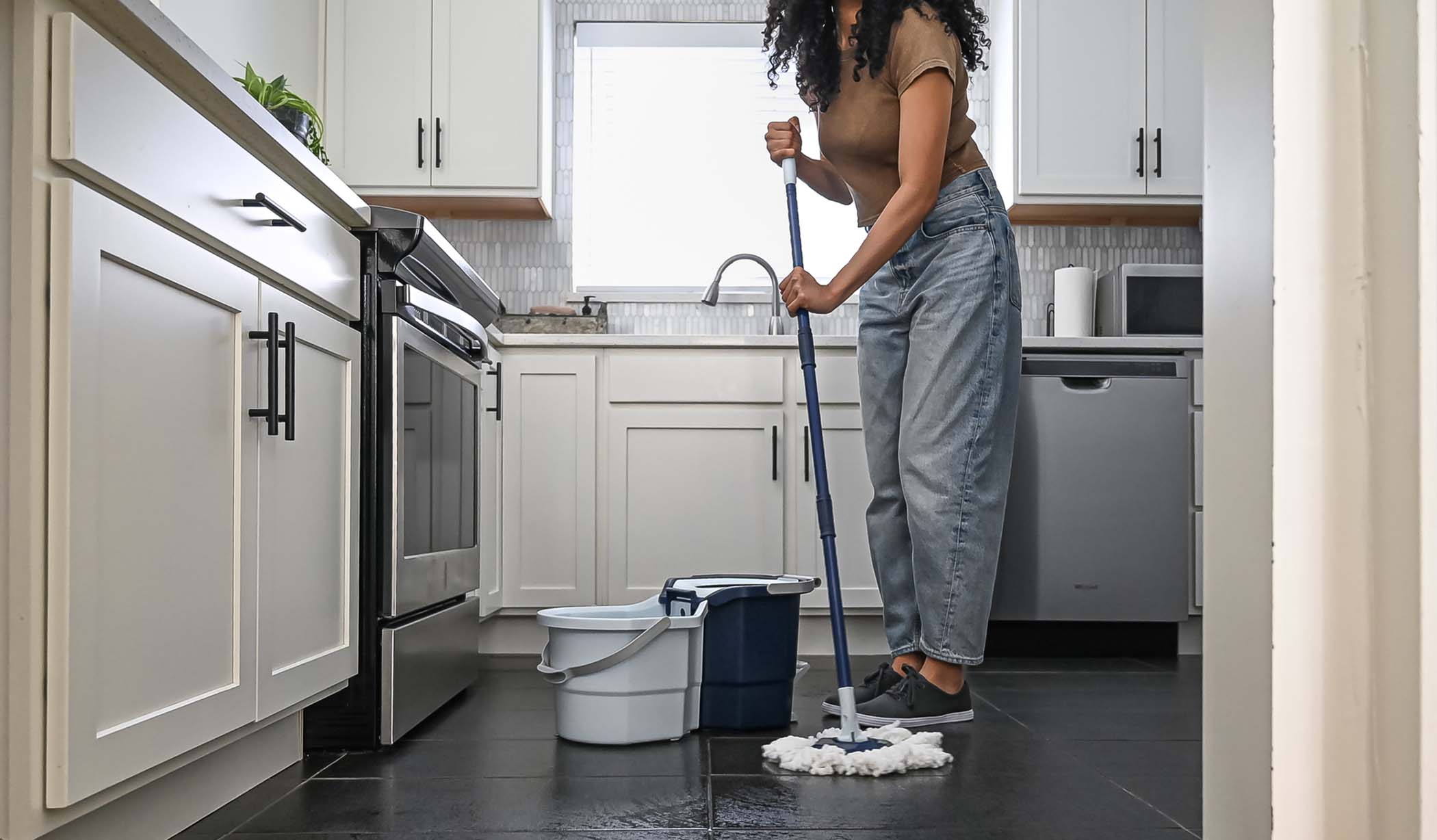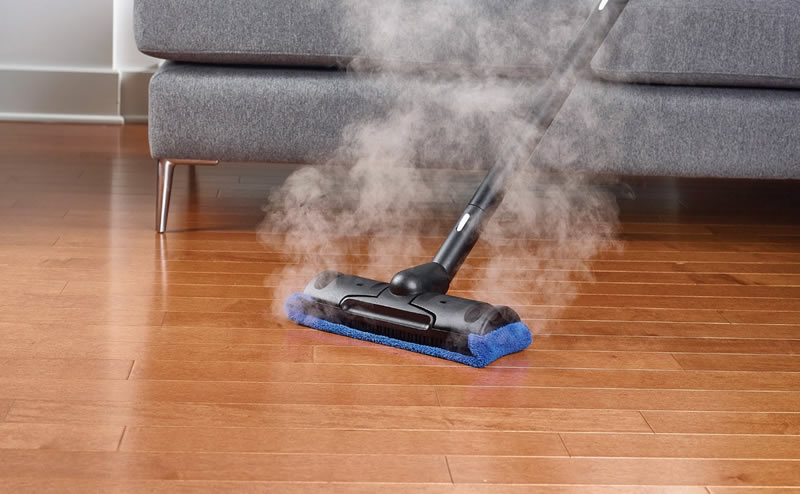Are you tired of stubborn stains and grime lurking on your kitchen floor? You’re not alone.
The kitchen is the heart of your home, where culinary magic happens, but it’s also where spills, splatters, and messes seem to multiply. Finding the best cleaner for kitchen floors can be the game-changer you need. Imagine a sparkling, spotless floor that enhances your cooking space’s ambiance and hygiene.
But with countless options on the market, how do you choose the right one? We’re diving into what makes a kitchen floor cleaner truly effective and which products stand out. Get ready to transform your kitchen floor from dull to dazzling!
Types Of Kitchen Floor Surfaces
Kitchen floors endure a lot. Spills, stains, and daily foot traffic. Choosing the right cleaner depends on the floor type. Each surface needs special care. Understanding these surfaces helps in selecting the best cleaner.
Tile Floors
Tile floors are durable. They resist water and stains well. Use a neutral pH cleaner. Avoid harsh chemicals. They might damage the grout. Regular cleaning prevents dirt buildup in grout lines.
Wood Floors
Wood floors add warmth. They need gentle care. Use a cleaner made for wood. Moisture can damage wood. Avoid soaking the floor. A damp mop works best. Dry immediately with a clean cloth.
Laminate Floors
Laminate floors mimic wood. They’re easier to maintain. Use a cleaner designed for laminate. Avoid abrasive scrubbers. They can scratch the surface. A microfiber mop is ideal. It catches dust and dirt effectively.
Vinyl Floors
Vinyl floors are versatile. They’re resistant to water and stains. Use a mild cleaner. Strong chemicals can cause discoloration. A soft mop or cloth works well. Regular maintenance keeps them looking new.
:max_bytes(150000):strip_icc()/GettyImages-535698335-5a859f3c6edd6500361e3efc.jpg)
Credit: www.thespruce.com
Essential Features Of Floor Cleaners
Choosing the right floor cleaner makes a big difference in your kitchen. It keeps your floors clean and safe for everyone. Understanding essential features helps find the best cleaner for your needs.
Non-toxic Ingredients
Safety is a priority in any kitchen. A cleaner with non-toxic ingredients is crucial. This ensures the health of everyone in your home. Harsh chemicals can be harmful, especially for kids and pets. Opt for cleaners that are gentle yet effective.
Stain Removal Efficiency
Kitchens often face tough stains. Grease, food spills, and more. A cleaner should tackle these stains swiftly. Efficient stain removal saves time and effort. It keeps your floors spotless without repeated scrubbing.
Surface Compatibility
Kitchen floors come in various materials. Tile, wood, laminate, and vinyl. The cleaner must be compatible with your floor type. This prevents damage and ensures proper cleaning. Check labels for surface compatibility before buying.
Ease Of Use
Convenience matters in busy kitchens. A cleaner should be easy to use. Look for simple application methods. Spray, mop, or wipe with ease. This makes cleaning a quick and hassle-free task.
Top Cleaner Picks For Tile Floors
Choosing the right cleaner for tile floors can feel daunting. Tile floors require specific care to maintain their shine and durability. Selecting the best product ensures your kitchen remains spotless and welcoming. Here, discover top cleaners that suit tile floors perfectly.
Deep Cleaning Solutions
For thorough cleaning, opt for solutions that tackle stubborn stains. Enzyme-based cleaners work wonders on grime. They break down dirt effectively. Acidic cleaners remove tough mineral deposits. Ensure to check compatibility with your tile type. Some tiles react to strong acids.
Oxygenated bleach is another choice for deep cleaning. It’s gentle yet powerful. It lifts stains without harsh chemicals. Always follow instructions for safe use. Proper application prevents damage.
Daily Maintenance Products
Daily maintenance keeps tile floors looking fresh. Mild detergents are ideal for regular cleaning. They remove daily dirt without harming tiles. Use a soft mop to apply these detergents.
Microfiber mops are excellent for daily cleaning. They trap dust efficiently. They also prevent scratches on tiles. Consider using pH-neutral cleaners. They maintain the tile’s original shine.
Maintaining a clean kitchen floor is simple with the right products. Choose those that suit your cleaning needs. Your tile floors will stay beautiful and clean.
Best Options For Wood Floors
Wood floors in the kitchen require special care. They are beautiful but need the right cleaner. Using the wrong product can damage the wood. It is crucial to choose the best options for maintaining their charm. This section explores top picks for cleaning wood floors.
Gentle Formulations
Wood floors need gentle cleaning solutions. Harsh chemicals can strip their finish. Look for cleaners labeled as ‘gentle’ or ‘safe for wood’. These products clean without harming the floor. Natural ingredients are often best. Vinegar-based solutions work well. They clean effectively without leaving residue.
Polishing And Shine Enhancers
To maintain the shine of wood floors, use polish enhancers. These products restore the wood’s natural glow. They also provide a protective layer. This layer guards against scratches and spills. Choose products specifically for wood floors. They keep your kitchen floor looking new. Regular use of these enhancers ensures lasting beauty.
Recommended Cleaners For Laminate Floors
Keeping laminate floors in pristine condition requires using the right cleaner. Laminate surfaces are sensitive and need special care. Choosing a cleaner that maintains the beauty and durability of your kitchen floors is essential.
Streak-free Formulas
Streak-free cleaners ensure a spotless finish. They leave no residue. These formulas are perfect for achieving a gleaming floor. Many options exist that dry quickly without streaks.
Look for products labeled “streak-free.” They often contain special ingredients that prevent marks. These cleaners are ideal for busy kitchens. They save time while delivering a beautiful shine.
Protective Solutions
Laminate floors need protection from wear and tear. Protective cleaners offer this safeguard. They extend the life of your floors. These solutions often include components that strengthen the surface.
Choose cleaners with protective features. They help resist scratches and scuffs. This type of cleaner is great for high-traffic areas. It helps maintain the floor’s appearance over time.
Using protective solutions keeps your laminate floors looking new. They enhance durability and preserve the finish. Select a cleaner that combines cleaning and protection for optimal results.

Credit: simpleandseasonal.com
Effective Cleaners For Vinyl Floors
Vinyl floors are a popular choice for many kitchens. They offer durability and ease of maintenance. Keeping them clean is essential to maintain their shine and longevity. Selecting the right cleaner can make all the difference. Some cleaners work well for everyday dirt and grime. Others target stubborn stains and specific issues. Let’s explore some effective cleaners for vinyl floors.
All-purpose Options
All-purpose cleaners are versatile. They handle everyday spills and dirt efficiently. They are usually gentle on vinyl surfaces. A simple mix of vinegar and water works wonders. It cleans without leaving a sticky residue. Dish soap is another excellent choice. A few drops mixed with warm water can clean effectively. These options are cost-effective and easy to use. They are perfect for regular maintenance.
Specialized Treatments
Specialized treatments target specific cleaning needs. They are ideal for tough stains and deep cleaning. Some products focus on removing scuff marks. Others are designed to tackle grease and oil stains. Choose a cleaner that matches your flooring needs. It ensures your vinyl floor stays in top condition. Always follow the manufacturer’s instructions. This guarantees safety and effectiveness.
Diy Cleaner Recipes
Discover the best kitchen floor cleaner using simple ingredients like vinegar and baking soda. Mix them with warm water for a natural and effective solution. This DIY recipe ensures clean, shiny floors without harmful chemicals.
Keeping your kitchen floors spotless doesn’t have to mean spending a fortune on store-bought cleaners. DIY cleaner recipes are an excellent alternative, offering the benefits of natural ingredients and cost-effective solutions. With a few simple items you might already have at home, you can create effective cleaners that are safe for your family and the environment. Let’s dive into some easy recipes and discover how you can make your kitchen shine without breaking the bank.Natural Ingredients
Using natural ingredients for your DIY cleaner recipes ensures that you avoid harsh chemicals often found in commercial products. Many people prefer this approach for a healthier home environment. Consider using vinegar and baking soda, which are staples in many households. Vinegar’s acidity makes it a great disinfectant, while baking soda acts as a gentle abrasive. Mix one part water with one part vinegar and add a sprinkle of baking soda to create a powerful cleaner. Citrus fruits, like lemons and oranges, are another fantastic option. Their natural oils add a fresh scent and boost cleaning power. You can mix lemon juice with water for a refreshing floor cleaner.Cost-effective Solutions
DIY cleaners are not only natural but also extremely cost-effective. This approach saves you money, allowing you to allocate your budget to other home essentials. Imagine saving those dollars you’d otherwise spend on commercial cleaners. A bottle of vinegar or a bag of baking soda is inexpensive and lasts a long time. These items are multi-purpose, so they’re great investments. Try creating a cleaner with just two ingredients: vinegar and water. It’s simple, effective, and costs mere pennies per use. You may already have these items in your pantry, making it a convenient solution. Would you spend extra on commercial cleaners when you can make effective ones at home? By embracing DIY cleaner recipes, you not only ensure a clean kitchen floor but also enjoy the satisfaction of doing it yourself.
Credit: www.casabella.com
Tips For Maintaining Clean Floors
Keeping kitchen floors spotless can be challenging. Grease, spills, and dirt accumulate fast. Regular maintenance helps preserve their shine and cleanliness. Simple tips can make this task easier and more effective.
Regular Cleaning Schedule
Establish a routine for floor cleaning. Daily sweeping prevents dirt buildup. Weekly mopping ensures a deeper clean. Use a gentle cleaner suitable for your floor type. Avoid using harsh chemicals that damage surfaces. Regular cleaning keeps your kitchen looking fresh.
Preventive Measures
Preventing messes is easier than cleaning them. Place mats near sinks and stoves. They catch spills and crumbs. Encourage family to wipe their feet before entering. Use a no-shoes policy to reduce dirt. Clean spills immediately to avoid stains. Preventive habits make maintaining clean floors simple.
Frequently Asked Questions
What Cleaner Is Safe For Kitchen Floors?
For safe kitchen floor cleaning, use non-toxic, eco-friendly cleaners. These options are gentle and won’t harm surfaces or indoor air quality. Brands like Method and Seventh Generation offer effective and safe solutions. Avoid harsh chemicals to ensure a clean and healthy environment for your family.
Can Vinegar Clean Kitchen Floors Effectively?
Yes, vinegar is an effective kitchen floor cleaner. Mix equal parts water and vinegar for a natural solution. It cuts grease and disinfects surfaces without leaving residue. This eco-friendly option is budget-friendly and safe for most floor types, including tile and linoleum.
How Often Should I Clean My Kitchen Floor?
Clean kitchen floors at least once a week. High traffic areas may require more frequent cleaning. Regular maintenance prevents dirt buildup and keeps your kitchen hygienic. Spot cleaning spills immediately can help maintain cleanliness and reduce the need for deep cleaning sessions.
Is Steam Cleaning Good For Kitchen Floors?
Steam cleaning is ideal for kitchen floors, especially tiles and sealed surfaces. It sanitizes without chemicals, using only water. The high temperature kills bacteria and removes grime effectively. Ensure your floor type is compatible with steam to avoid damage.
Conclusion
Choosing the best cleaner for kitchen floors matters. It keeps floors shiny and safe. Simple ingredients often work best. Vinegar and water can clean without harsh chemicals. Some prefer store-bought solutions for tough stains. Check labels for safe ingredients. Test a small area first.
Clean regularly to prevent grime build-up. Always dry floors completely. Slippery surfaces can cause falls. A clean kitchen floor enhances your space. Creates a welcoming home environment. Invest time in finding the right cleaner. Your kitchen deserves the best care.
Keep it fresh, clean, and inviting every day.

As the chief content writer, Hassan Al Sarker works as a professional kitchen-based content creator at Kitchen Liker.
In addition to reviewing the content published on Kitchen Liker, he ensures that it is accurate, relevant, and helpful. As a result, all the reviews and information published at Kitchen Liker are neutral and userfriendly.
Hassan Al Sarker has a bachelor’s degree in Hotel and Tourism Management From the Newyork University. Before joining Kitchen Liker, he was a contributor at Kitchen Club, United States.

